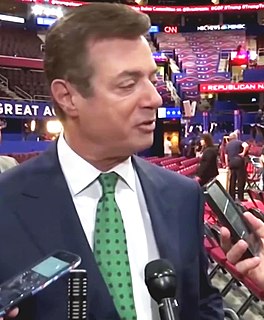A Quote by Tavon Austin
If we're losing, I probably won't be talking as much. I'll probably be more talking to my pads.
Related Quotes
She [Hillary Clinton] knows the people well. I think there is - you know, also talking about breaking down barriers and talking about that, whether we`re talking about that in economic terms. I mean, she`s the only person who has been out there talking about white privilege and talking about sort of the intersectionality of some of these issues.
A lot of us in Slipknot, we get to go to wounded soldier hospitals where soldiers have lost their limbs. That's surreal. It's even more surreal to talk to them about your band. They're talking to you about war and losing their limbs, and at same time, they're talking about their favorite album, these kind of things.
It seems to me that we make a terrible mistake in talking about Trump as some kind of essence of evil. Trump is symptomatic of something much deeper in the culture, whether we're talking about the militarization of everyday life, whether we're talking about the criminalization of social problems, or whether we're talking about the way in which money has absolutely corrupted politics. This is a country that is sliding into authoritarianism.
Trump is an outsider; maybe you don't know. So he is sitting in a room: he is talking business, he is talking politics - in a private room, it's a different persona. When he's out on the stage, he is talking about the kinds of things he's talking about himself; he's projecting an image that's for that purpose.




































